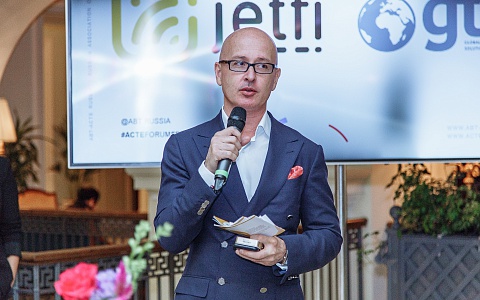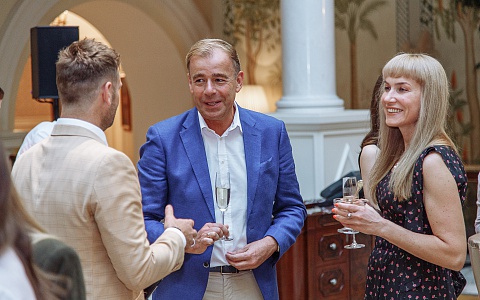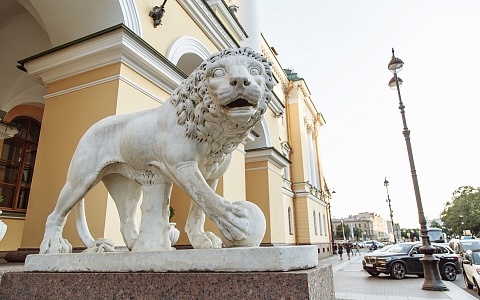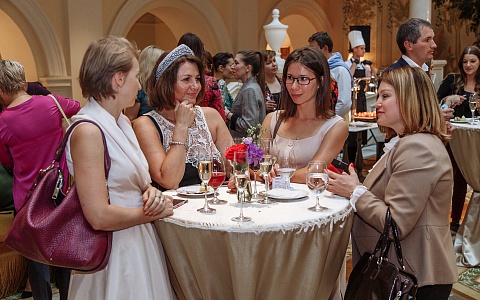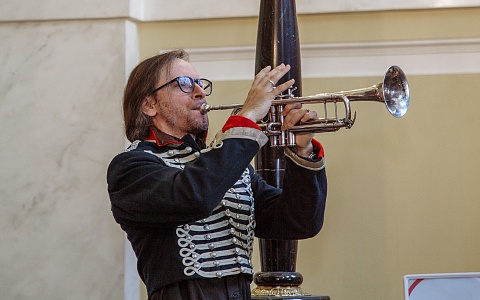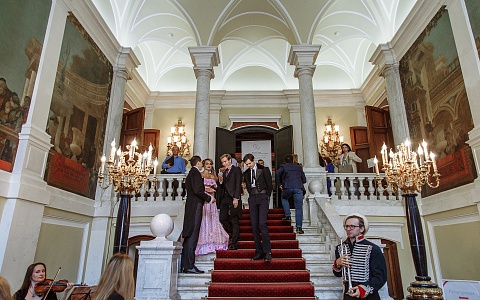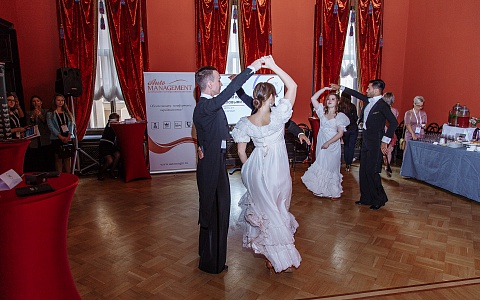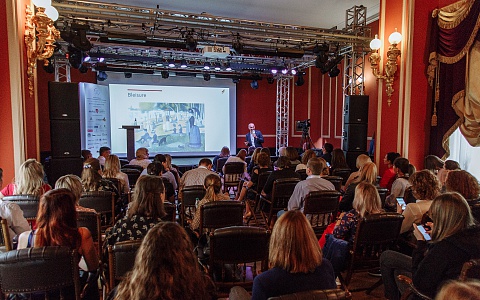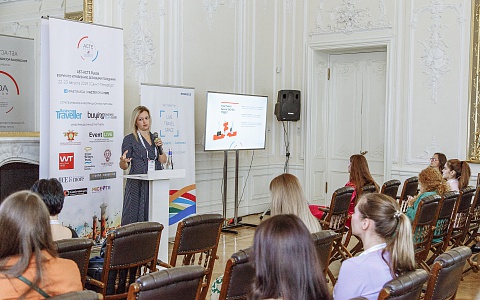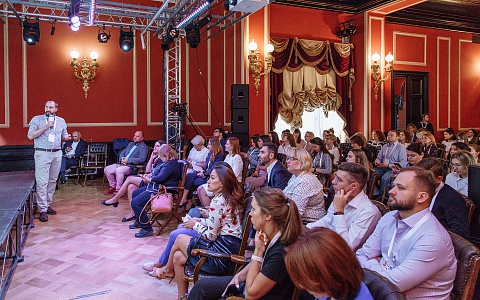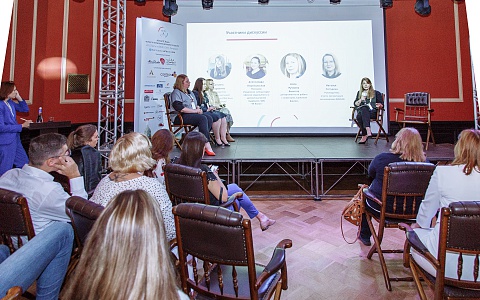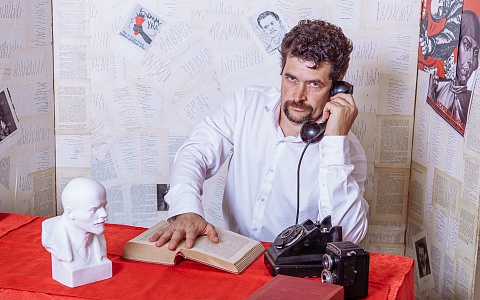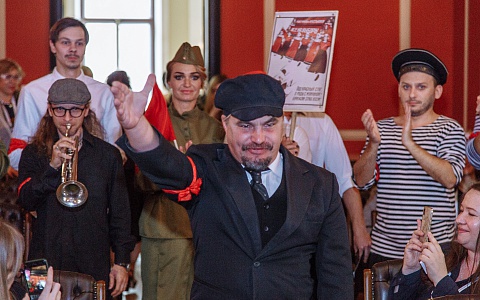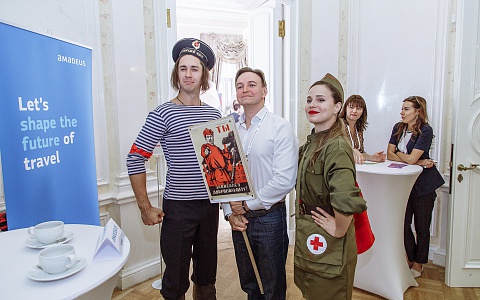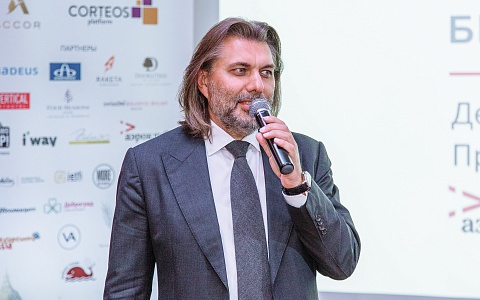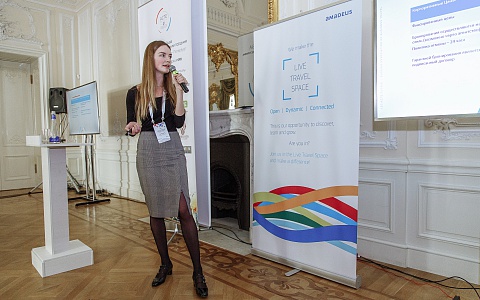The business travel industry is in for a shadow fight, ACTE St. Petersburg Forum experts say
The future of the business travel industry goes hand in hand with the growing conflict between the humans and robotic online programs. This is the conclusion made by the participants of the annual ABT-ACTE Russia Forum for corporate travel executives that was held in Saint Petersburg on August 22-23, 2019.
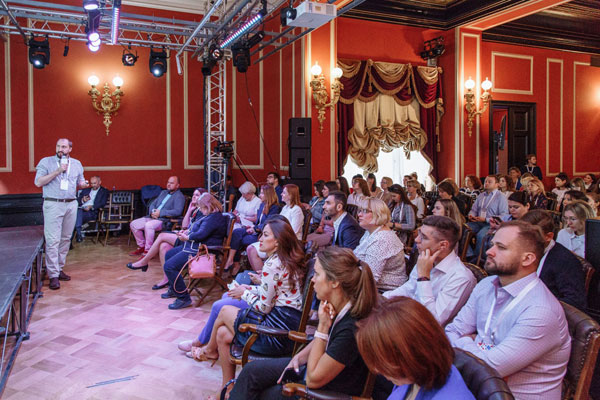
More than 220 representatives of the business travel industry gathered in the Trubetsky-Naryshkin mansion in order to discuss the latest news of the industry and to find out what the generation Z needs, how to work in the robotization era and not to lose the human face of the corporate culture. A separate session was devoted to the bases of business travel: competences of a travel manager, development and introduction of a travel policy, hotel and flight programs, as well as the secrets of efficient business communication. "This is the best start of the new business season!", is the opinion of Olga Akimova, general manager of Angelo by Vienna House Ekaterinburg, representative of Vienna House in Russia, board member of Ekaterinburg Congress Bureau.
In the course of panel discussions and expert speeches forum participants pointed out that the main future trend of the business travel industry is a human. Despite the presence of online solutions in all the branches of the industry (from video calls to robotized booking systems and traveller alerts), the main role belongs to high quality traveller support, personal meetings with partners and the bleisure concept (business + leisure). "People do business with people, and not with machines", general director of Raketa.Travel Anatoly Kuryumov notes. And the vast majority of forum participants who came to Saint Petersburg from other regions of Russia admitted that they had used the bleisure concept and added two more days to their business trip to see the city.
The hotel industry is to undergo great changes: "generation Z" and millenials are actively changing business formats and customer service, personal impressions and high speed of work are coming to the forefront, the ecological concept and the Long Life Learning format are also important. "Nowadays travellers want to get the most budget efficient travel offers as possible, they want to be more actively involved in extra programs", Dmitry Gorin, general director of Vipservice expressed his opinion during the discussion "Hotels of the future".
As the result of the demand, the Four Seasons hotel chain has already launched travel programs in Four Seasons Jet, a hotel on board a plane, hotels are launched under the "city inside" concept, like ibis Agora in Baku by Accor, hotels all over the world follow the "meaningful travel" and "meaningful event" concept. However, as Russian hoteliers note, the majority of Russian travellers are not yet ready for such programs as "a smart breakfast" or "fitness on the roof", and the generation which was born in the era of the Internet and gadgets will be able to completely shape business changes only in 10-20 years. Besides, in expert opinion, cooperation of hotels and agencies is still based on pricing and tough travel policies, including the nuances of state and corporate requests for business events like 2018 Football Championship.
Experts named TMC (travel management company) operation as one of problem areas of the business travel industry in the future. In the opinion of forum participants, work with agencies is no doubt necessary for large companies in order to simplify business travel planning. But as a large amount of agencies appear in the market and new online booking tools emerge in the Internet, it is more and more difficult for TMCs to keep their revenue margins, and corporate buyers, in their turn, are running the risk of running across dishonest agencies and hidden fees. In this situation agencies have to offer their customers new services, at the same time increasing automation and transferring any fancy to robotic managers, chat bots and online marketplaces. Corporate buyers may reduce their risks by means of travel audit. And although not all the participants were enthusiastic about the "big brother" idea, many agreed that industry analytics helped not only to calculate KPIs and make report diagrams based on Big Data, but also to clear the travel industry from disreputable agents.
“Travel agents know all the nuances of cooperation with providers, use the latest technologies to optimize both administrative and financial expenses. At the same time they observe the balance between the employee`s wishes and the company`s policy. Let alone the fact that all the risks for possible mistakes during service booking, the responsibility for cooperation with providers and technological partners are on TMCs. Let corporate buyers trust their business trips to professional travel agents so that they could focus on their main task – doing business”, Oleg Leshenko, head of business travel Russia and CIS in Amadeus said.
The organizer of ABT-ACTE Russia Forum in Saint Petersburg was the Russian Association of Business Travel (ABT-ACTE Russia). The general partner was the Culture and Travel Authority of Abu Dhabi. Partners are: Accor, Corteos, Amadeus, Academservice, Raketa.Travel, Aeroclub, OneTwoTrip, DoubleTree by Hilton Moscow - Vnukovo Airport, Jetfi, Swissotel Krasnie Holmy Moscow, Four Seasons Hotel Lion Palace St. Petersburg, i'way, Iventicious, Auto Management, Dyaghilev International Culture Center, MORE&more, Zelenski Corporate Travel Solutions, Dobrograd, Baltma Tours, EventPlatform, Vertical hotel, Stolichny Catering, V-Auto, Patriotka fashion brand, City Sightseeing St. Petersburg.
